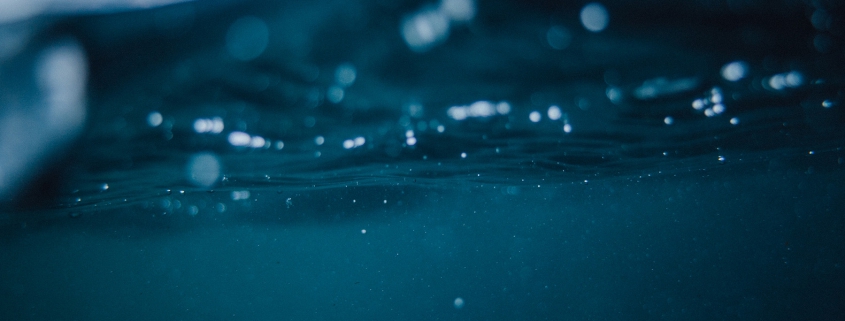Coral colonies respond to sediment with sheets of mucus

Sediment researchers may have cracked a key to early recognition of coral stress by observing mucous build-up in response to dredge related sediment.
The research undertaken as part of the Western Australian Marine Science Institution’s Dredging Science Node found that colonies of the massive stony coral Porites, located off Barrow Island, produced mucous sheets that encompassed the entire colony in response to settling and suspended sediment.
Lead researcher PhD candidate Pia Bessell-Browne from The UWA Oceans Institute and AIMS says it’s the first time scientists have been able to view sediment related stress on coral from a dive in situ.
“This study has examined the production of mucous sheets through time on tagged colonies that were monitored during a large scale dredging project,” Pia explained. We looked at the coral health monitoring photos and noticed the phenomenon of increased mucus production near dredging activity. We also ran experiments with the same species to confirm results at the AIMS Sea Simulator aquarium facility.”
 |
| Experimental work undertaken in the National Sea Simulator observed similar patterns of mucus production in Porites fragments after exposure to elevated sediment deposition |
A number of hypotheses have been proposed to explain why and how this sheet production occurs, yet at this stage there isn’t enough quantitative data on mucus production and associated potential triggers to confirm whether it is a result of suspended or deposited sediment.
The results suggest that the production of mucus is closely linked with the presence of sediment stressors, where the quantity and characteristics of sediments can affect the physical, chemical, and biological stability of marine ecosystems. A strong relationship between mucus production and distance from dredging was also observed.
“It’s a stress a response,” Pia said. “We still don’t know what the long-term impact is but it is apparent that these corals can produce mucous sheets up to seven times in an 18 month period without suffering substantial mortality.”
The findings suggest that mucous sheet production by massive Porites colonies is an effective indicator of sediment related stress to be considered when monitoring the impacts of suspended sediment on coral populations.
The WAMSI Dredging Science Node is made possible through $9.5 million invested by Woodside, Chevron and BHP as environmental offsets. A further $9.5 million has been co-invested by the WAMSI Joint Venture partners, adding significantly more value to this initial industry investment. The node is also supported through critical data provided by Chevron, Woodside and Rio Tinto Iron Ore.

